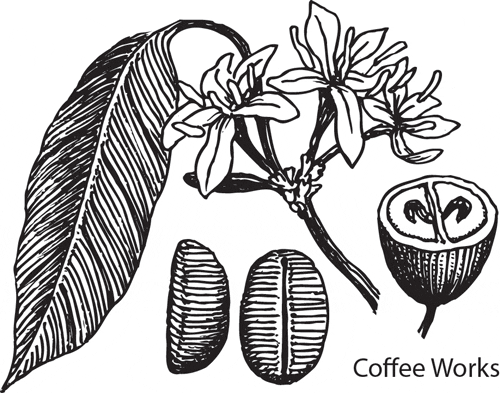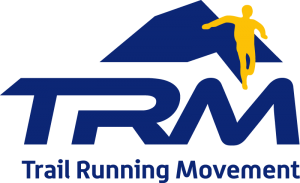
THE CAFFEINE IN ENDURANCE SPORTS

THE CAFFEINE IN ENDURANCE SPORTS
Edit by: Dr. Giulio Merlini
The Caffeine is a substance with multiple properties belonging to trimethylxanthine and it is especially useful for athletes practising endurance and ultra-endurance sports: for its ergogenic value, it is definitely one of the most used substances in the sports world. The Caffeine is mainly assumed to cope with states of fatigue and delay the negatives effects as much as possible, but, in fact, it is very personal, as well as it is influenced by the timing of intake and dosage.
Excluding the individual factor, caffeine is certainly useful for endurance athletes for its proven action in limiting the fatigue, as it is proved the interferes with the adenosine metabolism. Obviously, its effect is not free from side effects, determined by the degree of habituation, age, sex and, especially, the body morphology of the athlete. Its metabolism occurs in the liver, capable of converting caffeine in three new dimethylxanthine compounds: theobromine, with vasodilator effect, paraxanthine with lipolytic effect and the theophylline relaxing bronchial smooth muscle (Leuzzi, Bellocco, Barreca 2012).
Following caffeine ingestion was observed an increase in the concentration of adrenaline and fatty acids, resulting in an improvement of the endurance performance (Graham, Hibbert, Sathasivam 1998). Among the negative effects, however, were found the intensification of anxiety states, the loss of body fluids and the increased excretion of sodium.
Considering these results it is possible to make some assumptions with respect to the intake in Ultra Trails, competitions during which the athletic gesture is cyclically repeated for several hours, the fatigue is not the only symptom to fight with but so is dehydration. While caffeine can be a valuable aid to contrast fatigue, for the second problem, it is deleterious because its diuretic effect may accentuate the dehydrating phenomenon.
These two effects are not contradictory, rather, they are connected to each other: in fact caffeine inhibits fatigue only if the athlete’s hydration is adequate, a fact which, however, is hardly preserved in competitions that exceed two hours of duration, since there is a biological limit of the human body in the intake of hydrosaline products, without causing gastrointestinal disorders. In conclusion then it could be said that obviously caffeine has a certain utility in endurance activities, but that the effects of that substance must always be well evaluated for Ultra Trail competitions in order to avoid problems.
Furthermore some habits can exacerbate the side effects of caffeine, including smoking, stress and alcohol and, for all athletes who suffer from iron deficiency anemia, the consumption of supplements of nerve agents (Zangara, Zangara, Koprivec 2014).
Finally, some useful information about dosage: suggested between 3mg and 9mg of caffeine/ kg /day (Hoffman et al. 2007) but, as usual, it is important to consider the characteristic of the single athlete and therefore the supplements must be evaluated by a professional expert, in order to obtain the positive effects of the substance and to reduce the possibility of side effects.
BIBLIOGRAPHY
- Graham TE, Hibbert E, Sathasivam P (1998). Metabolic and exercise endurance effects of coffee caffeine ingestion, J Appl Physiol; 85: 883-889
- Hoffman et al. (2007). Effect of nutritionally enriched coffee consumption on aerobic and anaerobic exercise performance, J Strength Cond Res; 21 (2): 456-459
- Leuzzi U, Bellocco E, Barreca D (2012). Biochimica della nutrizione, Zanichelli Editore, Milano; p.225-227
- Zangara A, Zangara A, Koprevic D (2014). Dietologia, Piccin Editore, Padova; p.120-123
caffeine, coffee and sport, coffee secrets, endurance nutrition, giulio merlini, trail running movement, TRM




